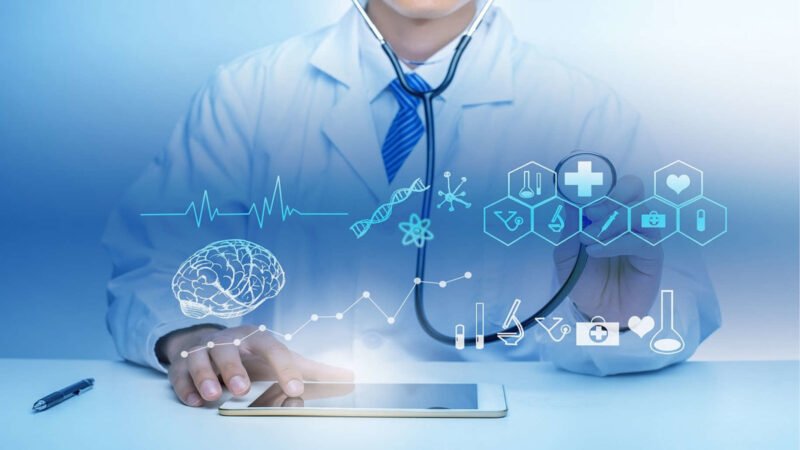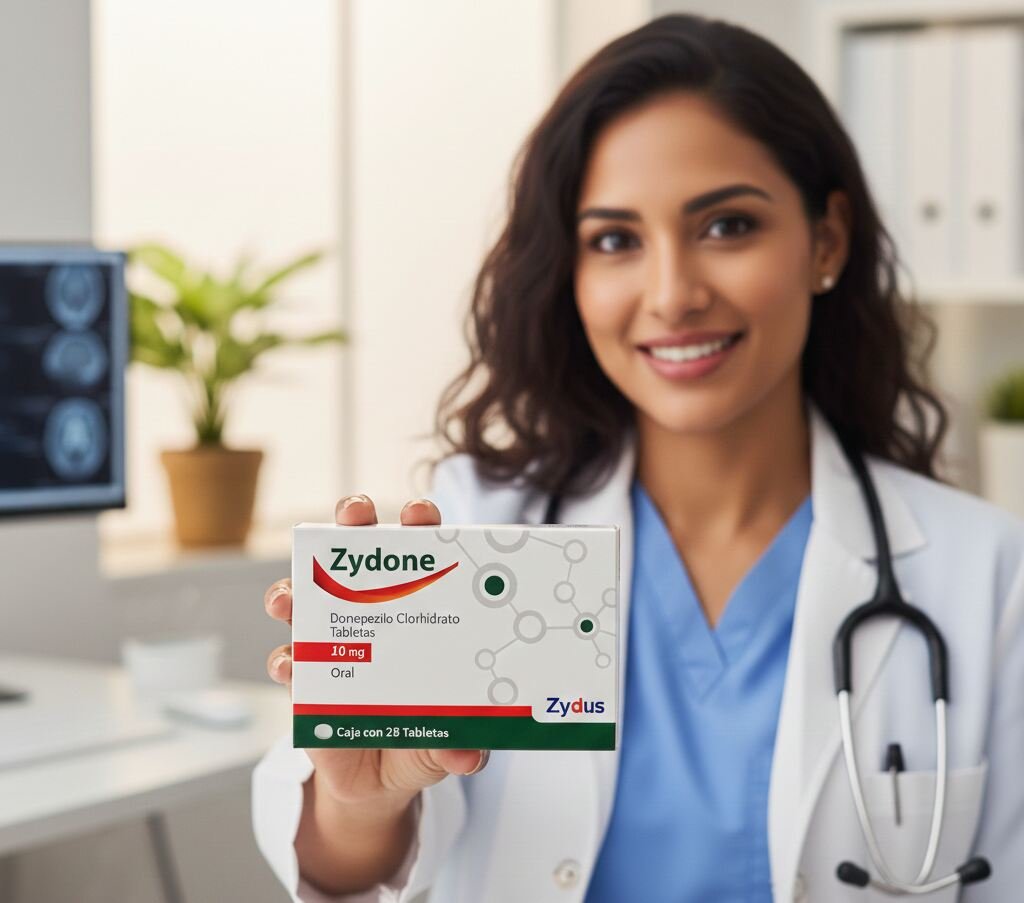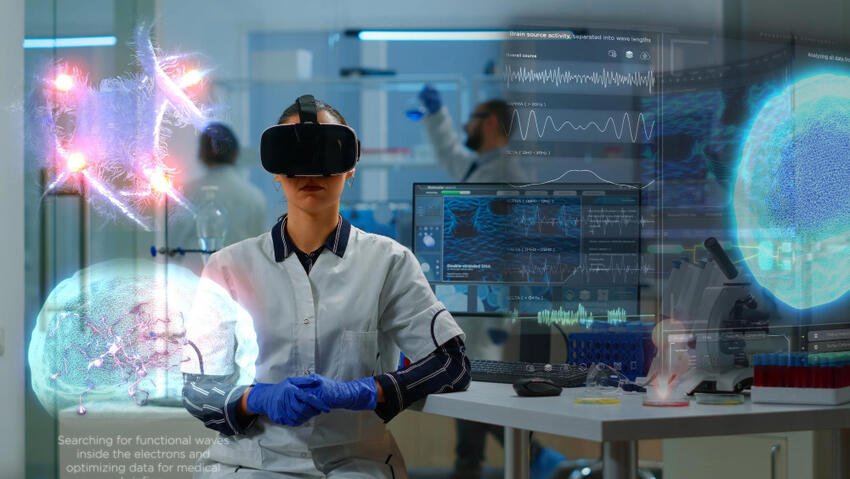Health tech describes any digital aid technology, from wearable devices like FitBits to the complicated information bases that store their data. It’s associate trade that’s taking up the challenge of saving a lot of lives a lot of expeditiously, by investing a lot of detector information at our disposal.
It brings data from the web of Medical Things (IoMT) to the fingertips of the doctors, surgeons, initial responders, and even the dispatchers operating round the clock to administer aid. In keeping with a report by Deloitte, the IoMT is calculated to be priced at $158.1 billion by 2022. For this reason, HealthTech Innovation holds immense importance these days.
Health technical school, and by extension the IoMT devices that comprise it, is cutting response times and up patient outcomes. These innovations square measure reducing prices and man hours, while upping the standard of care that patients receive, providing an important service to aid trade in want of amendment. Let’s explore four health technical school innovations that square measure leading the charge.
Smart Pills
Smart pills are swallow-able biometric scanners that will perform various medical functions internally, from imaging and scanning to drug delivery. They’re nonpermanent ingestible sensors, therefore in contrast to a pacemaker; they meet up with your system once the work is finished.
These devices will offer doctors and researchers unprecedented data on a couple of patients, like internal temperature, local pH, and more. They will conjointly find warning signs for ulcers, tumors, and hemorrhages on the alimentary tract and square measure a lot of prices effective and infrequently less invasive than several of the alternatives. Eventually, sensible pills are ready to administer medicine in specific areas that support very important preconditions.
Smart pills depend upon the advancement of miniaturized wireless communications, with corporations like Google, Medimetrics, and Proteus Digital Health paving the approach.
Remote medical consults and observance
Telemedicine, the observance of remotely identifying medical conditions via phone (or another kind of communication), may be a comparatively new field of drugs that’s dynamic to the approach we predict to medical care. Though the idea isn’t new, with things like teleradiology qualitative analysis back to the Nineteen Fifties, the prevalence of the web has enormously expanded the capability of aid professionals to remotely diagnose and assess their patients.
Through programs like Zoom, Skype, or EasyMeet, Doctors will schedule remote visits with patients in rural or underserved areas, providing bigger access to important aid services.
Further, in the event of an emergency, remote medical conferencing will facilitate speedily diagnosing and sorting patients once resources and workforce are scarce. Additionally, by arming patients with IoMT sensors, doctors will keep track of their patient’s organs from afar, to make their remote appointments even more impactful.
Wearable biometric sensors
Wearables square measure smart for quite step following. Biometric sensors square measure being woven into everything from sensible covering to RFID chips within the shoulder pads of NFL players. These high technical school clothes will keep track of your pulse, emotion, fitness goals, sleep patterns, and more.
These sensors aren’t simply gimmicks for the typical shopper trying to optimize their lives – they collect valuable data which will be sent to physicians or initial responders to help in diagnosing and recovery. All of this information will be utilized by physicians to observe patients with best-known health problems or manage and be prime of treatment plans.
Smartwatch EKGs
This health tech innovation has revolutionized the healthcare industry. Apple recently released its proprietary, medical practitioner-approved graph app for Apple Watches. Fitbit is following similar opportunities, as is Samsung. These moveable EKGs square measure delivery vessel insights to folks every day.
For the typical person with a healthy heart, it’s an extra layer of health information. Except for somebody with fibrillation, a condition that affects over a 2.5million Americans annually, it’s associated early detection system which will be the distinction between life and death.
These apps send warning signs to wearers once irregular heart rates are detected, which may be shared with their physicians if complications persist. Through solutions like RapidSOS, this information will be forwarded to doctors or a hospital at once upon detection, with user permission.
Read Dive is a leading technology blog focusing on different domains like Blockchain, AI, Chatbot, Fintech, Health Tech, Software Development and Testing. For guest blogging, please feel free to contact at readdive@gmail.com.





